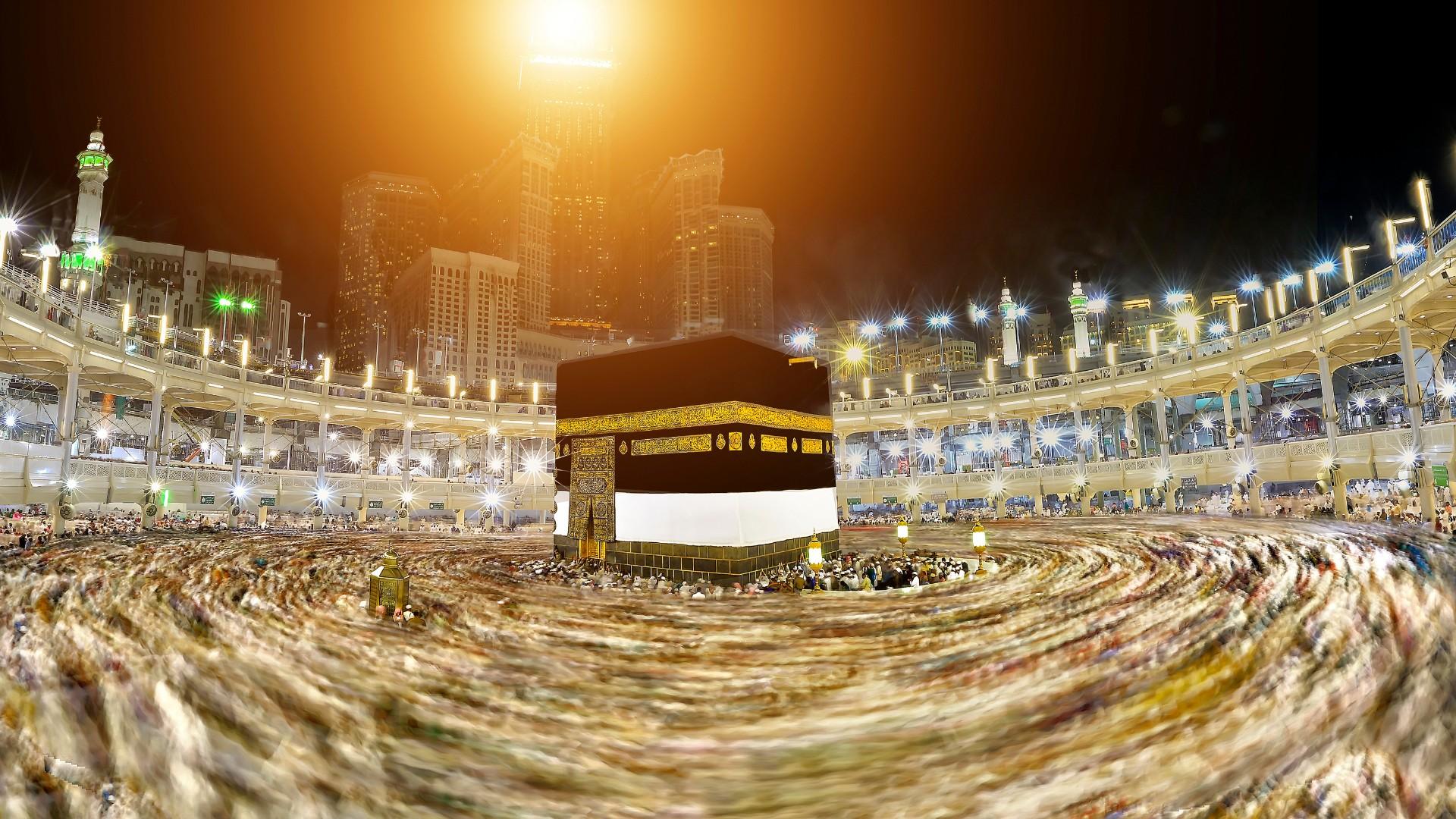δεν υπάρχουν δεδομένα να δείξουμε
Διαβάζω περισσότερα
History is infinitely elastic. The actions of one person in any age cause ripples that affect the lives of thousands who live downstream. Mahmud of Ghazna is important in Islamic history because his actions set the tone for the interaction between the world of Islam and the world of the Hindus. The tone of that interaction created a bitterness that has been exploited by extremists in the...

Introduction:In the bustling rhythm of contemporary life, it's easy for the spiritual essence to be overshadowed by material concerns. However, in Islam, a beautiful practice known as "Dhikr" (Arabic: ذِكْر), or the remembrance of Allah (God), offers a sanctuary of peace and a reminder of one's purpose. Establishing Dhikr as a fundamental aspect of daily living can transform mundane activities...

Performing Umrah is one of the most spiritually enriching experiences for Muslims around the world. For many, it is a dream come true to visit the holy cities of Makkah and Madinah, seeking closeness to Allah and renewal of their faith. However, many Muslims living in the United States face challenges when it comes to the cost of traveling for Umrah. At Salah Travels, we understand the...




